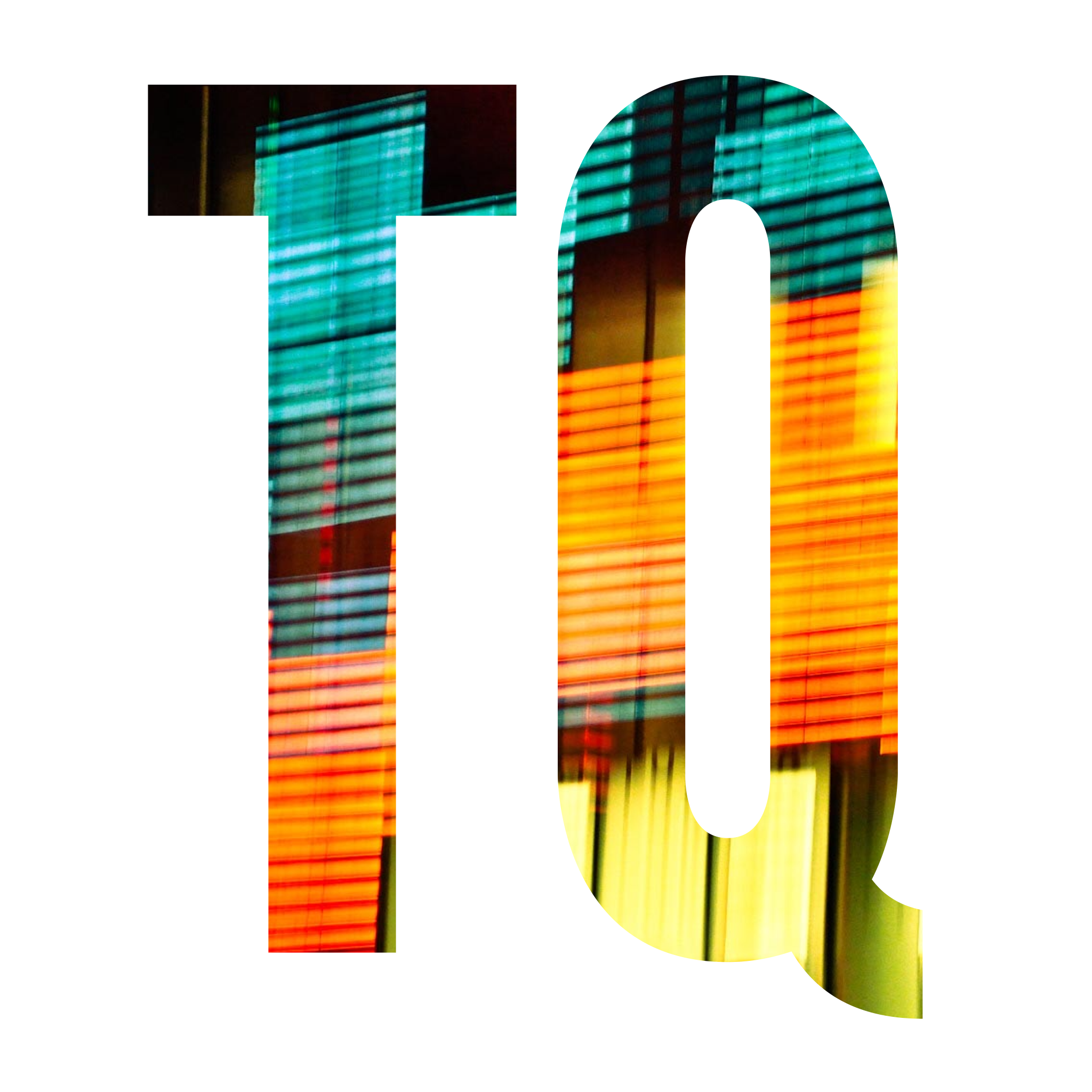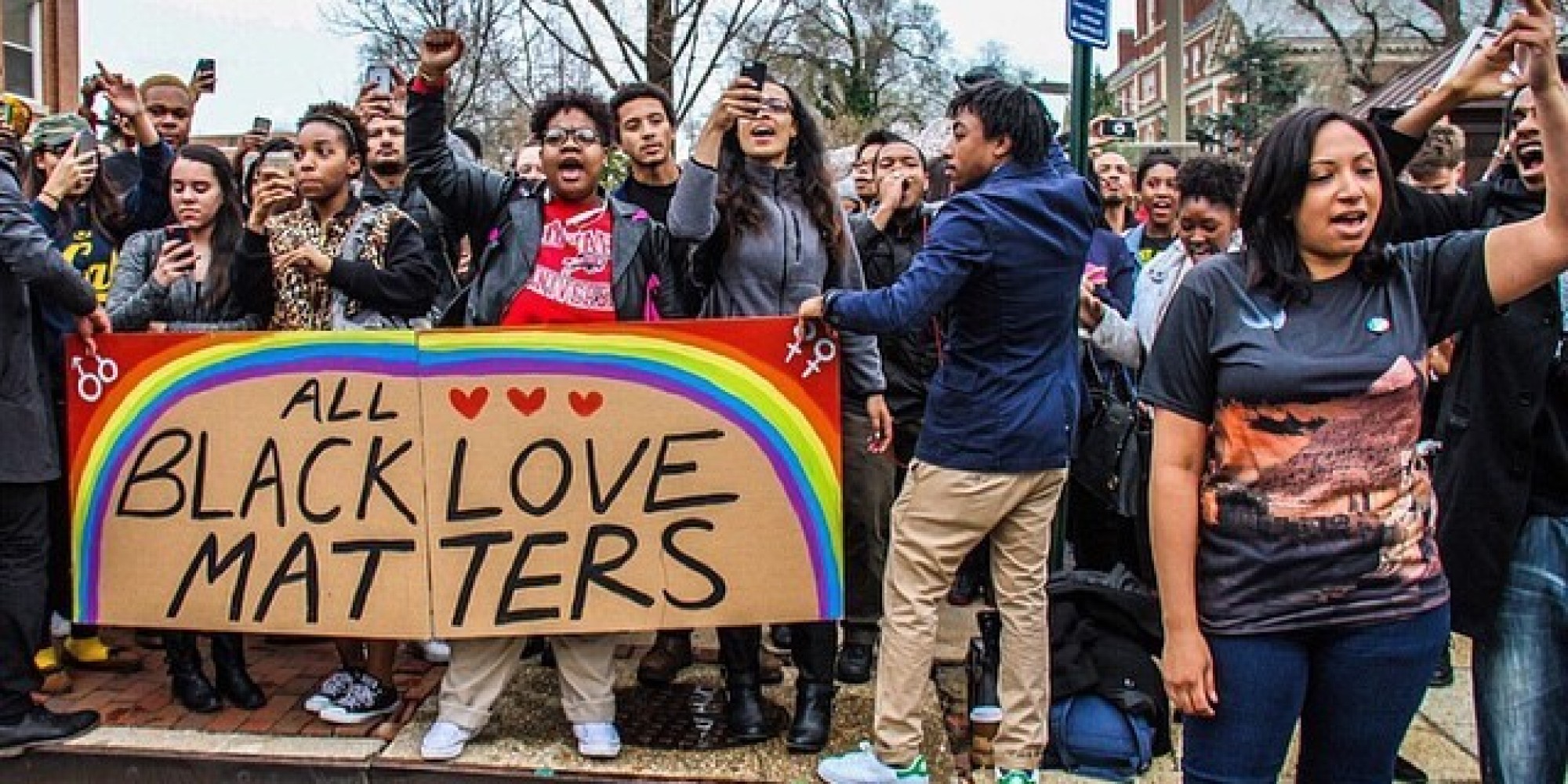There’s nothing wrong per se with the content of Owen Jones’ piece in The Guardian on racism in LGBTQ+ spaces, but it says a lot about the voices mainstream media chooses to publish.
Owen Jones did everything right in his racism in the LGBTQ+ community piece: he sought out LGBTQ+ people of colour, quoted them, linked to statistics and called the community to task.
But there is a problem: the fact is, it’s 2016, and the issues LGBTQ+ people of colour have been facing and challenging for decades are still being written up in rudimentary fashion within mainstream media publications by people who are least affected by these issues. And it’s not just a mainstream media issue: Pink News once decided to have a photogenic white guy explain it all.
It is symptomatic of mainstream media’s diversity problem. 43% of columnists went to private school, compared to 7% of the general population, which for economic and other reasons, disproportionately shuts out people of colour. Consider the even smaller group of LGBTQ+ identified people of colour, and it’s no wonder our voices are largely absent from mainstream outlets.
But there’s an problem: the fact it’s 2016, and the issues LGBTQ+ people of colour have been facing and challenging for decades are still being written up in rudimentary fashion in mainstream media by people least affected by these issues.
In fact, when I did a straw poll on Twitter asking British people “who came to mind when inquiring about LGBTQ+ people of colour in the public eye?”, many named sports stars such as Nicola Adams or musicians such as Kele Okereke, David McAlmont, and MNEK. No Asian people of any background came to mind, and while these are talented people, no newspaper columnists, politicians, or writers were offered – the type of people you expect to see being interviewed on Sky News or on the BBC’s Question Time.
We are a minority within a minority, and we have our own perspectives. So you’d think when there are issues directly related to our experiences as LGBTQ+ people, we’d be approached and commissioned to lead the discussion, but this is not the case. Whenever we complain about people outside our communities telling our stories, we’re told to pitch more to mainstream media. In fact, people of colour have pitched this exact same article to The Guardian and have been turned down. In one case, a black gay friend of mine filmed content for The Guardian’s “comment is free” on the subject, and they decided not to run it.
The Guardian may say it is about quality, but there is absolutely nothing in Owen Jones’ piece that hasn’t been said many times before, with a great deal more nuance, by people of colour. In fact, I’ve seen more enlightened Twitter threads on the subject.
Whenever we complain about people outside our communities telling our stories, we’re told to pitch more to mainstream media sites. In fact, people of colour have pitched this exact same article to The Guardian and been turned down.
There’s been discussion for years about fetishisation, the intersecting layers of prejudice between different racial groups, and how to forge alliances with other people of colour – romantically as well as socially where possible – instead of striving for acceptance from the mainstream and waiting for racism to be a thing of the past, which is unlikely to happen in the near future.
The mainstream is quite happy to co-opt black LGBTQ+ culture, such as vernacular that first came from African American LGBT people – we now have middle-aged white political commentators talk about “throwing shade”. But when it comes to us telling our stories, we have to slide into the Twitter DMs of a white, sometimes also cis and straight journalist, and offer our content free of charge. Can LGBTQ+ people of colour tell our stories and get paid and get recognition? Apparently not. And that is a problem.
Follow Marcus on Twitter (@marcusjdl)

